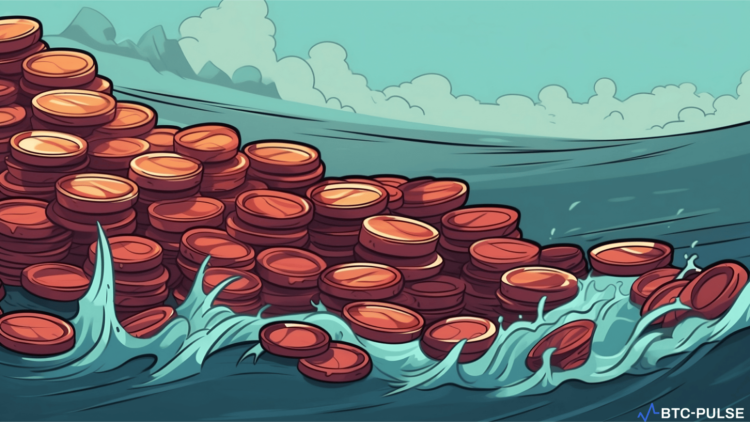Since the launch of PayPal’s new stablecoin (PYUSD), opportunists, degens, and potential scammers are already attempting to cash in on the hype with their own copycat tokens.
The Wave of Fake Tokens
According to data from the decentralized exchange scanner DEX Screener, nearly 30 new token pairs sporting the ticker “PYUSD” have cropped up in the hours since the announcement.
Various Chains Affected
The look-alike tokens have been minted on various chains, including BNB Smart Chain, Ethereum, and Coinbases‘ newest layer 2, Base.
Identifying the Real PayPal USD
It’s important to note that the real PayPal USD token was created in November 2022 and can be verified at the following contract address.
PayPal’s Warning
PayPal explicitly stated that PayPal USD could only be sent between verified PayPal and other compatible wallets, making it extremely unlikely that any of the tokens listed with the same ticker on UniSwap or any other decentralized exchange are the real thing.
The Largest Imposter
The largest imposter PYUSD token, minted on Ethereum, has seen a staggering $2.6 million in trading volume since its inception just minutes after PayPal announced the launch of its stablecoin.
Humorous Takes
One particular token had a slightly humorous take on PayPal’s stablecoin, opting for the name “PepeYieldUnibotSatoshiDoge.” The imposter token gained over 3,000% in four hours.
The Danger of Honeypots
Many of the fake PYUSD tokens listed are likely “honeypots,” meaning that once an investor purchases the token, they cannot sell and have effectively given away their crypto.
Degens and Memecoins
Degens have been known to race to mint new memecoins to capitalize on trending stories and developments, such as the “LK-99” token and a wave of UFO-themed memecoins.
Conclusion
Investors must exercise caution and due diligence in identifying legitimate tokens. The surge of fake PYUSD tokens serves as a stark reminder of the potential risks and vulnerabilities in the decentralized crypto market.










